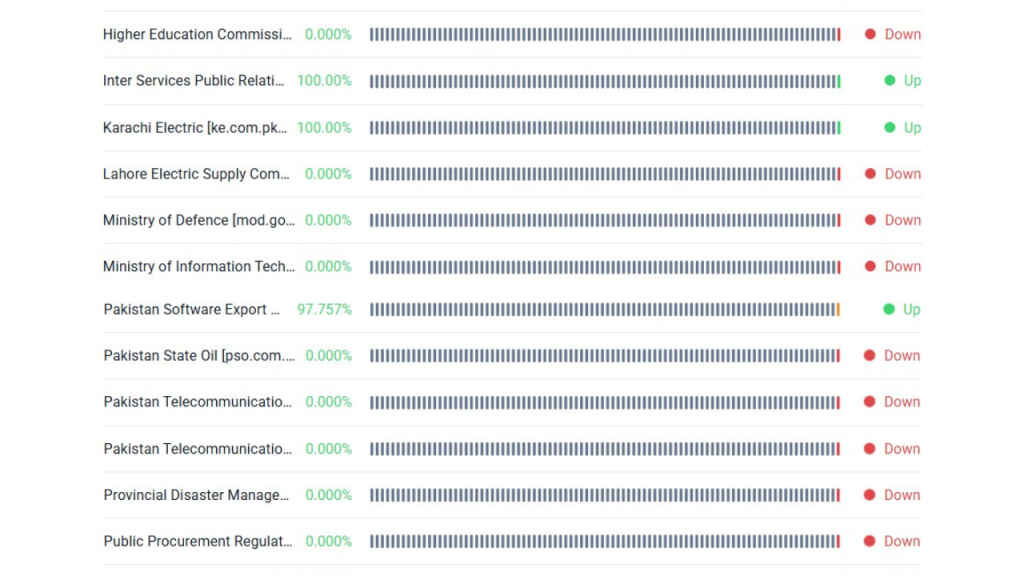
- Home
- Managed Services
- Cyber Security
- Blog
- About Us

We 365 Admin Support, just simplify your IT problems
Call for a free support. +91 96666 59505Platform Partnership
- Who We Help
- Shop
- Contact
- News





HIGHLIGHTS
Table of Contents
ToggleAmid the ongoing military tensions that dominate the headlines in the Indo-Pak confrontation, notably exemplified by Operation Sindoor, an invisible battleground is emerging within the realm of cyberspace. Here, presumed Indian vigilante hackers have embarked on Operation CyberShakti, asserting that they have inflicted considerable damage on a variety of Pakistani governmental websites and digital infrastructures.
Operation CyberShakti is a self-identified initiative by Indian hackers, allegedly engaged in defacing and disrupting Pakistani web infrastructures, specifically targeting defense and governmental sites amidst the ongoing cyber skirmishes between India and Pakistan.
This digital operation employs advanced cyberattack techniques, such as spear phishing, data breaches, and website defacements, aimed at compromising the security and integrity of Pakistani digital assets.
Operation #CyberShakti Phase 1:
A massive cyber attack was launched against the terrorist state Pakistan by the regular everyday civilians of India.
This cost Pakistan millions of dollars in damages in the last 24 hours alone.
Our mission is simple: to decimate every last… pic.twitter.com/uQIRJwrb9f
— Krutik (@krutikvirani) May 10, 2025
An earlier post on X.com claims that Operation CyberShakti has been responsible for a range of cyberattacks, including the compromising of prison information, unauthorized access to the database of Pakistan’s Military Engineering Services, and security breaches concerning the country’s oldest power plant. The hackers also purportedly accessed banking-related transaction data, among numerous other infiltrations.
In total, the hackers behind Operation CyberShakti have boasted of hacking into over a thousand CCTV systems in Pakistan and taking down more than 700 websites.
For an in-depth exploration, consider reading: India-Pak conflict: 5 examples of rise in cyber warfare threats
Notably, Operation CyberShakti is said to orchestrate the shutdown of multiple Pakistani public infrastructure and government websites. During the composition of this report, it was confirmed that many of the websites in question were indeed inaccessible from both India and other global locations, including Singapore and the USA.


The maneuvers of Operation CyberShakti arise in response to Pakistani hackers’ aggressive actions after the Pahalgam terrorist attack in April 2025.
Further reading is available in this insightful article: India-Pakistan conflict: AI, satellites, and cyber tools used to track terror targets
Pakistani hacking factions, prominently the “Pakistan Cyber Force,” have claimed responsibility for breaching sensitive data from Indian defense organizations, including the Military Engineer Services (MES) and the Manohar Parrikar Institute of Defence Studies and Analyses (MP-IDSA). They boast of having exfiltrated over 10 GB of data, which includes names, service identification numbers, and email addresses—raising concerns over potential identity theft and spear-phishing attempts targeting military personnel.
In contrast to merely a tit-for-tat exchange, the individuals behind Operation CyberShakti appear to have inflicted significantly greater damage on the public digital infrastructure of Pakistan. They have ominously warned that “this was just phase 1.”
For more context, check out: Do drones track you via phone location? Govt labels viral alert as fake amid India-Pak tensions